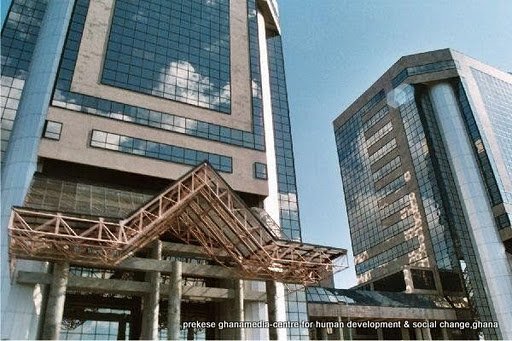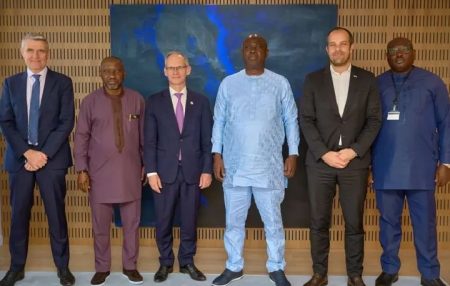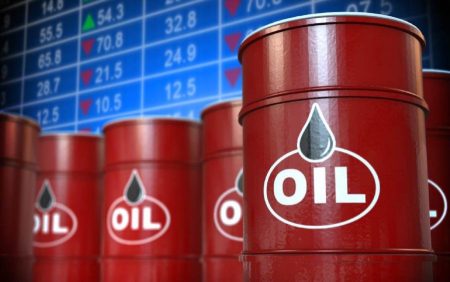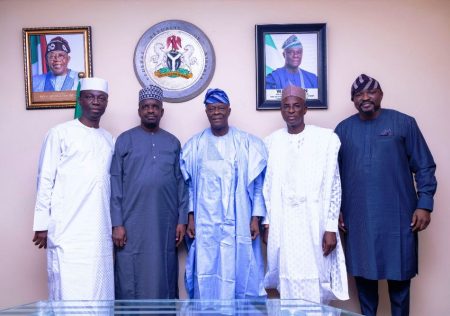
*As LPG prices soar
Ike Amos
Dublin — Amidst of rising cost of cooking gas, also known as Liquefied Petroleum Gas, the Nigerian National Petroleum Corporation (NNPC) said it has spent N51.5 billion on various gas projects under the National Domestic Gas Development and Gas Infrastructure Development project between January and August 2021.
Despite producing billions of gas daily, the country still spends billions on the importation of cooking gas, thereby putting pressure on the country’s foreign exchange reserves.
The price of cooking gas in the Nigerian market which sold for between N3,500 and N4,000 for a 12.5 kilogramme cylinder as at January 2021, now sells for between N7,200 and N8,000, depending on the location.
Ironically, the majority of Nigeria’s gas output is either exported or utilised locally for power generation, leaving only an insignificant portion for utilisation as cooking gas.
Specifically, a substantial portion of of the projects financed by the NNPC with the funds over the last eight months were mainly for gas supply to power plants, industries, export terminals and for for projects connected to the Ajaokuta-Kaduna-Kano (AKK) gas pipeline and the Nigerian-Morocco gas project.
Under the National Domestic Gas Development project, the NNPC said it spent N3.17 billion, N3.099 billion, N6.116 billion, N2.534 billion, N4.413 billion, N0.889 billion, N2.527 billion and N6.307 billion in January, February, March, April, May, June, July and August 2021, respectively.
In respect to the Gas Infrastructure Development, the NNPC said in January, February, March, April, May, June, July and August, it spent N2.393 billion, N2.339 billion, N2.748 billion, N3.919 billion, N3.308 billion, N2.977 billion and N4.761 billion.
The recently scrapped Petroleum Products Pricing Regulatory Agency (PPPRA), had a few days ago confirmed that in the month of August 2021, LPG sourced locally stood at 38,040.457 metric tonnes (MT), while imported LPG stood at 47,224.346MT.
However, it noted that in September, locally sourced LPG rose to 49,453.081MT, while imported LPG dropped to 27,125.905MT.
The PPPRA, now subsumed into the Nigeria Midstream and Downstream Petroleum Regulatory Authority, disclosed that government policies and programmes, such as the National Gas Policy (NGP), Nigeria Gas Flare Commercialisation Programme (NGFCP), National Gas Expansion Programme (NGEP) and the Decade of Gas declaration were responsible for the quantum of investments currently ongoing in the gas industry.
Some of these investments, according to the downstream regulator, include the NPDC Oredo Integrated Gas Handling Facility, Kwale Hub Gas Processing Plants (PNG, Ashtavinayak Hydrocarbon) Greenville LNG, Rivers State and OSO/Bonny River Terminal project.
In terms of policies, the PPPRA noted that the waiver of import duties on LPG production equipment as well as the Zero Value Added Tax (VAT) for locally-produced LPG had heightened the prospects of domestic investment in the gas sector, while a Pioneer Status Incentive for some categories of LPG Investments was also introduced.



